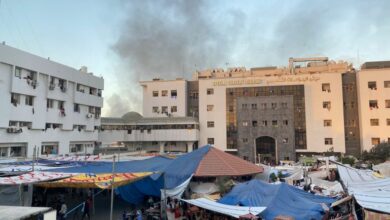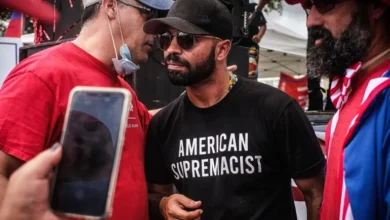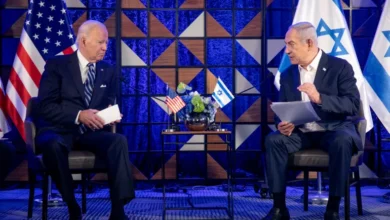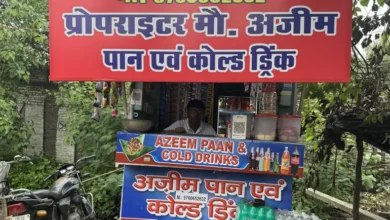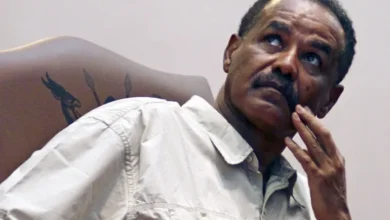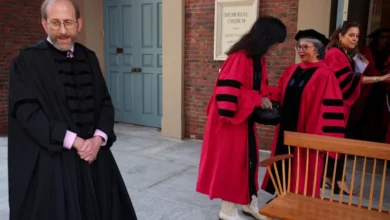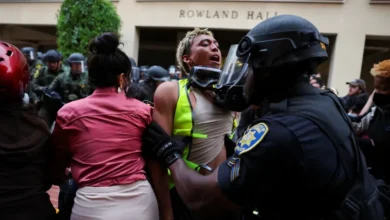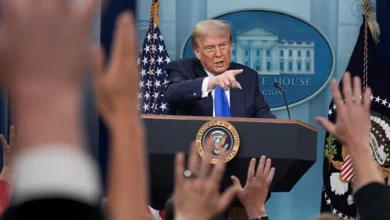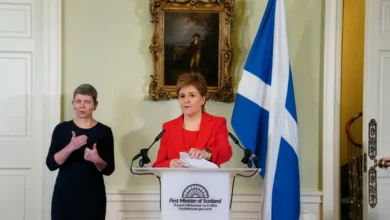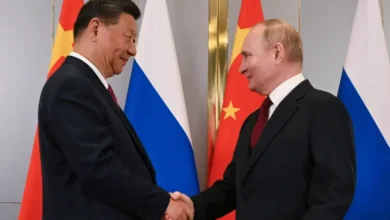How did a far-right outsider rise to power in Argentina?
Matías Bianchi
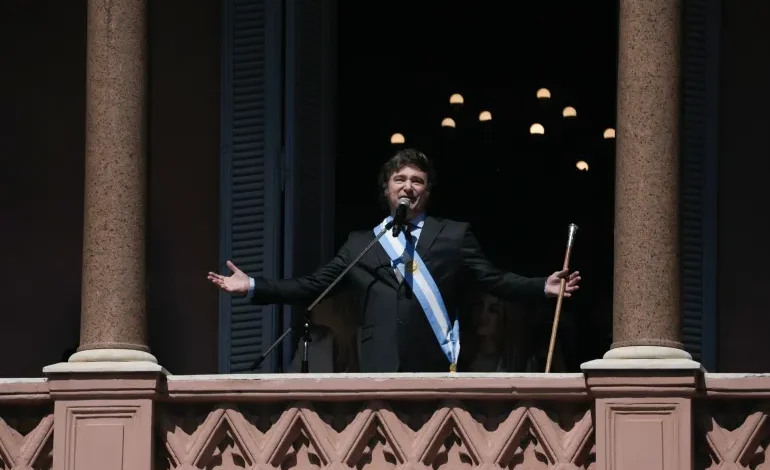
In just three years, Javier Milei, an eccentric libertarian economist and regular participant on talk shows on TV, managed to create a political party and become president of Argentina. And in the second round of the election, he beat his Peronist rival Sergio Massa, who was economy minister at the time of the election, by a considerably larger margin than polls predicted – 55.7 percent to 44.3 percent. Milei’s victory was so overwhelming that he won in 21 out of 24 provinces, including historical Peronist enclaves in which his opponent had led in the first round.
Milei’s campaign was based on radical political and economic ideas. His programme included the elimination of the Central Bank of Argentina and government subsidies, the dollarisation of the economy, and the privatisation of healthcare and education systems. Politically, he proposed the deregulation of gun possession, the creation of a marketplace for human organs, and minimised the human rights violations of the military government in the 1970s. Throughout his campaign, he also engaged in many extraordinary, high-impact stunts, such as throwing creative insults at his opponents, calling the pope “the representative of evil on earth”, and waving a chainsaw in public rallies.
So how did he manage to get elected?
The first factor that could help explain his unexpected electoral success is widespread frustration with long-term economic stagnation. After a decade of ever-deepening economic hardship, Argentina’s previous government had entered the electoral process with some 40 percent of the population living in poverty and an annual inflation rate of 142 percent. This made Milei, an outsider with no previous political experience, known for his anti-elite and pro-libertarian discourse, increasingly attractive to the electorate.
His rise to power began when the COVID-19 pandemic and the lockdowns implemented to stem the virus’s spread deepened social discontent and made Milei’s pro-“liberty” rhetoric appealing to large segments of society. His disruptive rhetoric, publicised with countless TV appearances, public talks and YouTube videos, turned him into a cult figure among young males and got him elected to Congress in 2021.
During this time, the crude deterioration of the economic situation made people cry for change, regardless of the cost, and turned them against mainstream politicians. This is why even when Massa’s performance far surpassed Milei’s in the final presidential debate, people negatively perceived this as bullying of an “amateur” by a “professional politician”.
A second factor that made Milei’s rise to power possible was his effective exploitation of the anti-Peronist sentiment in the country. The main branch of the Peronist movement, the Justicialist Party, has been in power for 27 out of the 40 years since the restoration of democracy in Argentina in 1983. Most opposition parties, both on the left and the right, primarily blame the party for deepening political corruption, deteriorating public health and education systems and the general “national decay” perceived by many. The public animosity towards Peronist former President Cristina Fernandez de Kirchner, seen by many as the main representative of the left-wing, progressive agenda in the country, has been especially severe.
Milei expertly took advantage of this during his presidential election campaign. He and his supporters labelled Massa as a “Kirchnerista”, implying that he belongs to the more radical part of the Justicialist Party that the former president and her husband, Nestor Kirchner, came to embody. Despite holding a more centrist position than the Kirchners and being a fierce opponent of their camp for over a decade, Massa could not get rid of that label. The result of the election mirrored Brazil’s 2018 election, when Jair Bolsonaro beat Fernando Haddad. In both cases, most voters supporting political parties whose candidates did not make it to the second round privileged “change” over the “fear” that Milei (or Bolsonaro) provoked.
The third determinant of Milei’s electoral success was the support afforded to him by former President Mauricio Macri in the second round of the election. Macri is a key player in Argentinian politics and founder of Juntos por el Cambio, the most important coalition opposing Peronism. Milei has been as vocal an opponent of Juntos as he was of Kirchnerismo from the beginning and was in no way a natural ally of Macri. Nonetheless, after the general election, which the Juntos candidate lost, Macri openly supported Milei without consulting his allies.
Macri’s support was essential for Milei’s electoral success for two reasons. One, it helped Milei simplify the narrative of his campaign and tell the public the choice between him and Massa is actually a choice between “Freedom and Kirchnerism”. Two, the financial support and access to electoral oversight infrastructure Macri provided Milei with proved crucial on election day and allowed the right-wing candidate to secure its victory.
Finally, Milei took advantage of the success of far-right populists in other countries, from Brazil to the United States and Italy. Indeed, he systematically incorporated into his political toolbox the tried and tested anti-status quo, antiprogressive, anti-climate change talking points of Bolsonaro, Donald Trump, Giorgia Meloni and others. Milei’s efforts to follow in the footsteps of these right-wing figures, coupled with the support he received from the likes of Elon Musk and Tucker Carlson as a result of his reactionary antics, provided him with international visibility and exposure in the media.
Today, we can see clearly what led to a far-right outsider like Milei clinch the Argentinian presidency. But what are the prospects of his administration? Will he be able to pursue the radical agenda he promised to those who voted for him?
His party controls just 38 seats (out of 257) in the lower chamber and seven (out of 72) in the upper chamber of Congress. He also lacks local government support, as his political party was unable to secure any governorships or mayoralties.
Can he rely upon his recent, and fragile, alliance with Macri to further his agenda? Also, will he be able to maintain popular support once he starts enacting his radical economic policies?
All of these are unknowns. What is certain is that the economic and social crisis, the accelerating inflation, and the heavy burden of the IMF loan will not disappear overnight.
The Milei administration already announced severe public spending cuts and a decision to weaken the value of the Argentinian peso by more than 50 percent against the US dollar as part of its promised “shock therapy” merely days after officially taking power. If such policies, welcomed by the IMF but condemned by progressive activists as “social murder”, do not deliver the desired results, and deliver them soon, Argentina’s experiment with far-right populism may end up being very painful, and short-lived.
